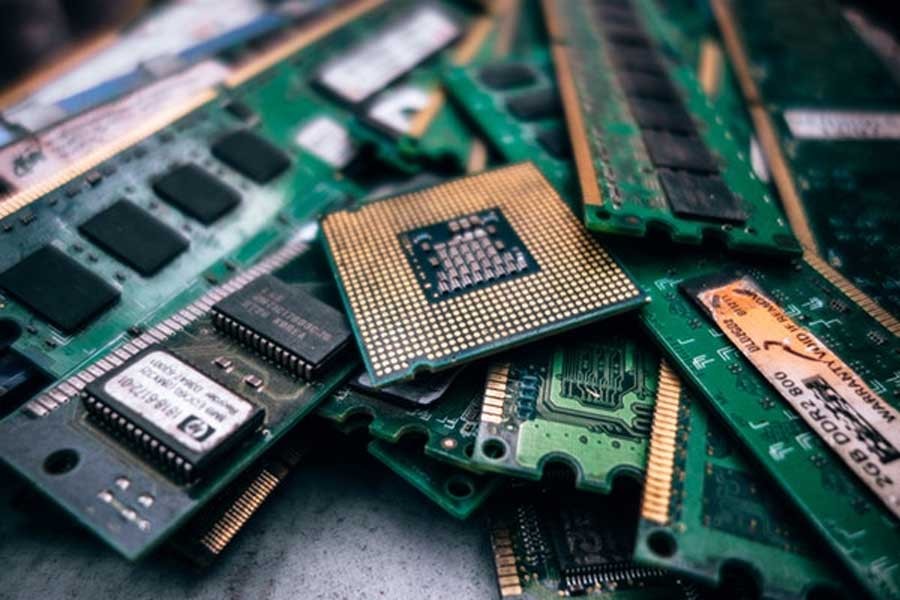Bangladesh sells electronic goods worth US$ 1.36 billion while generating approximately 2.81 million tonnes of e-waste every year, a study reveals.
It also found that some 40 per cent of the e-waste comes from refrigerators and 30 per cent from televisions.
Voices for Interactive Choice and Empowerment (VOICE), a research and advocacy organisation, shared the survey findings at an event titled "Review of E-waste Rules 2021 and Business Models’ Compliance of Electronic Goods Manufacturers with Environmental Sustainability" at the Civic Centre in the capital Saturday.
According to VOICE, e-waste generation in Bangladesh is increasing at a rate of 20 per cent annually.
Every year approximately 296,302 TV sets are scrapped, creating some 0.17 million tonnes of e-waste in the country. In 2021, approximately 10,504 tonnes of e-waste was produced in Bangladesh by mobile handsets only, the survey disclosed.
In the programme, sector experts suggested major investments to tap the full potential of the e-waste recycling industry.
They said that currently, despite the growing market for electronic products, the country recycles only 3.0 per cent of the e-waste, while the rest is dumped in landfills and rivers, posing a serious threat to health and the environment.
A study by the Bangladesh University of Engineering and Technology (BUET) estimated that Bangladesh will produce 4.62 million tonnes of e-waste by 2035.
If enforced effectively, The Hazardous Waste (e-waste) Management rules, 2021, would be helpful to manage e-waste produced in Bangladesh, said VOICE in the programme.


